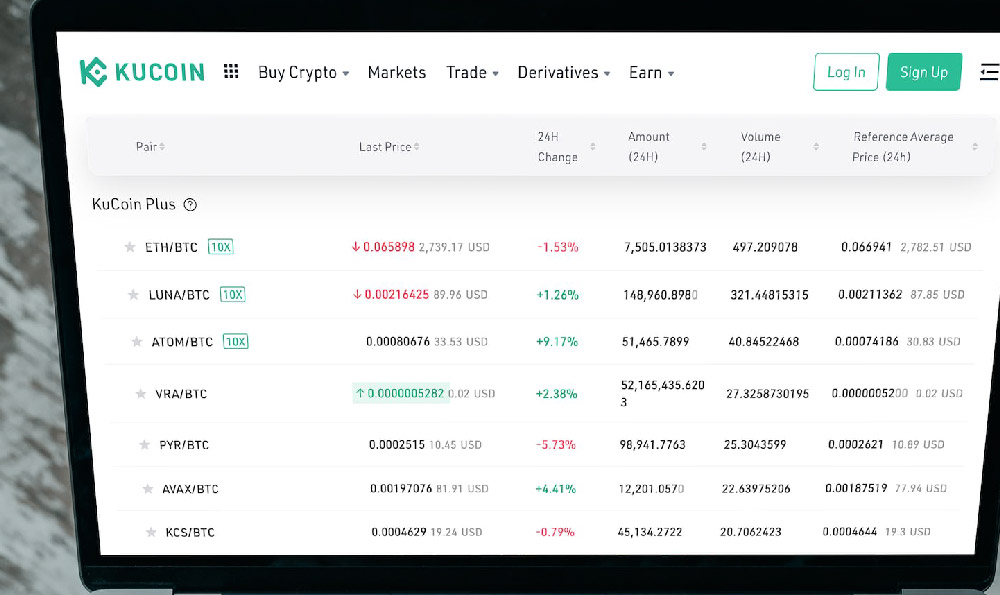How Much Does a Teacher Make? What's the Hourly Rate?
Okay, I understand. Here's an article based on the title "How Much Does a Teacher Make? What's the Hourly Rate?" written with the requested characteristics:
In the landscape of professions, teaching often stands out as a calling, a dedication to nurturing young minds and shaping future generations. However, the romanticized view of teaching sometimes clashes with the practical realities of earning a living. A significant question aspiring and current educators grapple with is: What is the actual financial compensation for this vital role? Delving into teacher salaries is a complex endeavor, influenced by numerous factors that extend far beyond simple years of service. And while a simple hourly rate calculation might seem straightforward, it doesn't truly capture the full scope of a teacher's work and commitment.
The first major determinant of a teacher's salary is location. Just as the cost of living varies drastically from one region to another, so do teacher salaries. Urban areas with higher living expenses generally offer more competitive pay to attract and retain qualified educators. Conversely, rural areas or states with lower costs of living might have lower average salaries. Consider the difference between teaching in New York City, where the starting salary, benefits and potential for raises are more competitive, and teaching in a small town in a less affluent state, where resources and compensation are often more constrained. Geographical pay disparities reflect the broader economic realities and the competition for talent in different regions.

Experience is another crucial factor impacting a teacher's earning potential. Most school districts operate on a salary schedule that rewards teachers for their years of service. As teachers accumulate experience, they move up the salary schedule, earning incremental increases in pay. This system acknowledges the growing expertise and effectiveness that come with years in the classroom. Veteran teachers, with decades of experience, naturally command higher salaries than those just beginning their careers.
Education level plays a significant role in determining a teacher's salary. Teachers who hold advanced degrees, such as a Master's degree or a Doctorate, typically earn more than those with only a Bachelor's degree. This reflects the value placed on specialized knowledge and advanced training in education. Many school districts offer salary incentives for teachers who pursue continuing education and professional development, encouraging them to deepen their expertise and stay current with best practices. Pursuing additional certifications and endorsements in specific subject areas can also lead to salary increases.
The type of school also influences teacher compensation. Public schools, funded by taxpayer dollars, generally follow established salary schedules and benefit packages. Private schools, on the other hand, have more flexibility in setting salaries, which can sometimes be higher or lower than those in public schools, depending on the school's financial resources and priorities. Charter schools, a type of public school with more autonomy, may also have different salary structures.
Subject area and grade level can sometimes impact earnings. Teachers in high-demand subject areas, such as mathematics, science, and special education, may be eligible for additional bonuses or incentives to attract qualified candidates. Similarly, teachers at the high school level, particularly those teaching advanced placement (AP) courses, might earn slightly more due to the specialized knowledge and skills required.
Beyond the base salary, teachers often receive a comprehensive benefits package, including health insurance, retirement contributions, and paid time off. These benefits can significantly enhance the overall value of a teacher's compensation. The specifics of these benefits vary widely depending on the school district or private school.
Now, let's address the question of an hourly rate. On the surface, dividing a teacher's annual salary by the number of hours they work in a school year seems like a simple calculation. However, this approach drastically underestimates the actual time and effort teachers dedicate to their profession. Teachers spend countless hours outside of the regular school day planning lessons, grading papers, communicating with parents, attending meetings, and participating in professional development activities. Factoring in all of these additional responsibilities would significantly lower the calculated hourly rate. In truth, the "hourly rate" doesn't accurately reflect the dedication and long hours inherent in the profession. Many teachers work well beyond the typical 40-hour work week, especially during peak periods like report card season or before major exams.
Moreover, the emotional labor involved in teaching cannot be easily quantified. Teachers are often mentors, counselors, and role models for their students, providing support and guidance beyond academic instruction. This emotional investment, while invaluable, is not reflected in any salary calculation. The impact they have on their students' lives extends far beyond the classroom and into the future. This transformative influence is immeasurable and cannot be translated into a simple hourly wage.
Therefore, while it's possible to calculate a theoretical hourly rate for teachers, it's important to remember that this figure doesn't fully capture the complexity and demands of the profession. Teacher compensation should be viewed holistically, considering not only the base salary but also the benefits package, opportunities for professional growth, and the intangible rewards of making a positive impact on students' lives. While financial security is undoubtedly important, many teachers are driven by a deeper sense of purpose and a commitment to shaping the next generation. Understanding the multifaceted nature of teacher compensation is crucial for attracting and retaining talented individuals in this vital profession. Ultimately, investing in teachers is an investment in the future.














